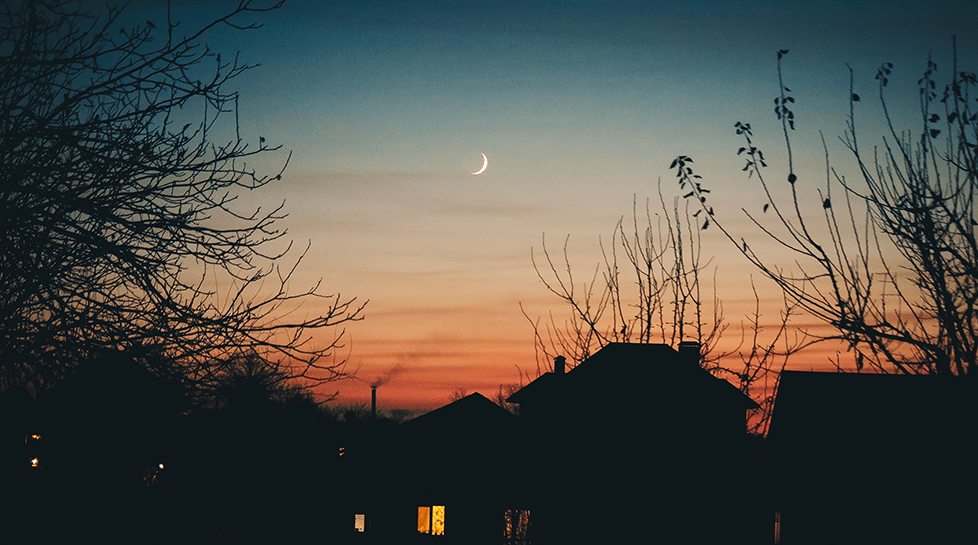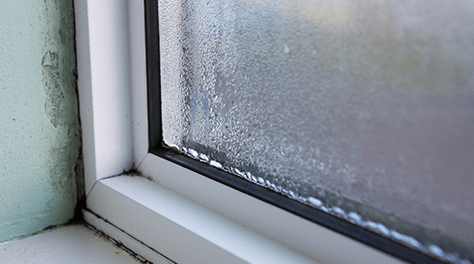

According to the Home Owners Alliance, winter is the least favourable time to sell a house, but what does this mean for buyers?
Seasonal shifts in property
With presents to buy, family visits to think about and Christmas trees to decorate, the property market tends to slow down in December. However, this isn’t necessarily bad news if you’re ready to start looking – while there may be fewer properties to choose from, there are fewer buyers to compete with, so you might be able to negotiate a better deal. Come January, the property market starts to pick up again and more houses become available, ready for the spring flurry.

Timing is everything
Winter is the perfect time of year to view if you want to get a feel for how warm and cosy your potential new home will be. However, it also starts getting dark earlier – in some parts of the UK, as early as 3pm – so it’s essential to choose the right time of day for your viewing.
If you want to get a better feel for how the property will look in the summer, try to arrange your viewing at midday and check the weather forecast ahead of time – a dark and gloomy winter’s afternoon won’t show the house at its best. Remember, you can always ask for a second viewing if you’d like to see the property in a different light.
Energy efficiency
‘Tis the season for hot chocolates and knitted blankets, but not as your primary heat source. When you arrive at your viewing, ask how energy efficient the property is. All properties must obtain an Energy Performance Certificate (EPC) before they’re listed, and an A-rated property will provide the best energy performance.

North vs South
Want to know whether you’ll be hosting garden parties on the lawn or snuggling up under a patio heater? Ask which way your garden faces.
A south-facing garden typically enjoys sunlight all day. An east-facing garden gets the sun in the morning and a west-facing garden enjoys it later in the day. A north-facing garden will receive less light, so if you prefer the shade during the warm summer months, this could be the ideal garden for you.
If your agent isn’t sure which way the property is facing, you can check this yourself – most smartphones have a handy compass function built-in.
Follow your nose
Damp and mould problems have a habit of escalating in winter, so it could be the ideal time to sniff out any concerns.
In the winter months, homeowners tend to keep the windows shut and the heating on, which can create condensation and mould. Keep an eye out for peeling wallpaper or dark sports in the paintwork. Damp also has a distinctive musty smell, even if you can’t see it on the walls. A homeowner may try to cover this up, so if the windows are open during your visit, it could be a sign that something’s not right.




